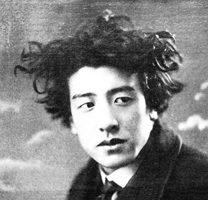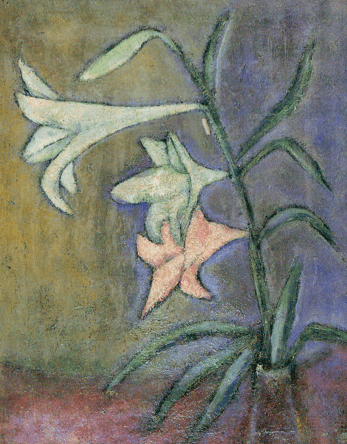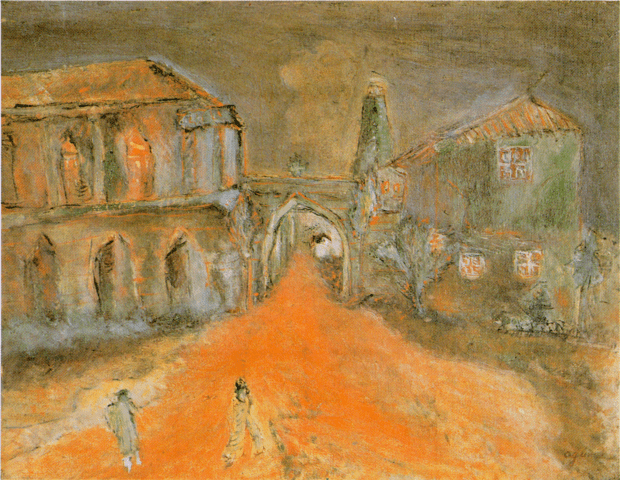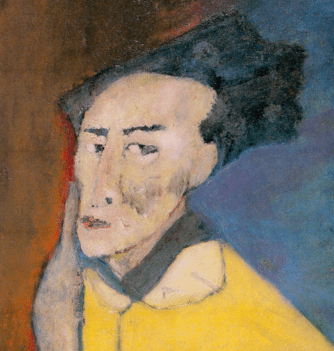Japan poetry and Hideo Oguma: Socialist leanings and northern sadness
Lee Jay Walker
Modern Tokyo Times

The Japanese poet Hideo Oguma (1901-1940) had socialist leanings. He also empathized with the downtrodden in northern Japan, who had witnessed the complete dominance of Japanese culture.
In his short life, he wrote a mixture of works. This consisted of poetry, stories for children, comic books, and literary criticism – that was highly valued. Also, he produced art. Hence, Oguma had many angles to make a living while expressing potent poetry.

Politically, he understood the downtrodden in northern Japan and feared the impact of colonialism on the Chinese and Koreans. Thus he wasn’t a child of imperialism, nationalism, or militarism that was dominant in this period of history within the developed world. On the contrary, he had socialist leanings and left-wing perspectives concerning the world he knew.
He grew up in the environs of Hokkaido and Sakhalin, where Japan set up colonies to alter the indigenous way of life – similar to what happened to Okinawa (Ryukyu Kingdom).

In a lovely poem about the disappearing Ainu, he wrote (David G Goodman – translation):
These winter preparation were carried out With the characteristic aplomb of north folk Those with money used it;
Those without made do.
As if someone had them by the throat, The villagers held their breath.
They pricked up their ears and listened to the silence.

The Asia Pacific Journal reports, “The discourses of race and empire were central to the making of the modern Japanese state and modern Japanese identity, having significantly shaped the core ideologies behind Japan’s expansion policies, which were first enacted in the neighboring territories annexed to Japan. By the late Edo period, Japan had already annexed Hokkaidō, as well as the Kuril Islands just north of the island, specifically through treaties Japan had negotiated with Russia. Subsequently, the Ryūkyū Kingdom was gradually occupied, until its formal annexation in 1879, which indicated the kingdom’s successful colonization. Afterwards, Japan gradually moved into other territories (Taiwan, Southern Sakhalin and Korea), before embarking on a full-scale war in north-east and south-east Asia, driven by an imperial and colonial desire.”
Oguma’s world was extremely complex, for dramatic changes were happening concerning Japanese cultural dominance and settlements to alter the expanding nation-state of Japan.
This sense of foreboding – and Japan’s external policies concerning China and Korea – for Oguma – along with other important thought patterns – can be felt in his poetry.
https://apjjf.org/2020/20/Zohar.html
Click to access long-long-autumn-nights.pdf

Modern Tokyo News is part of the Modern Tokyo Times group
DONATIONS to SUPPORT MODERN TOKYO TIMES – please pay PayPal and DONATE to sawakoart@gmail.com
http://moderntokyotimes.com Modern Tokyo Times – International News and Japan News
http://sawakoart.com – Sawako Utsumi personal website and Modern Tokyo Times artist
https://moderntokyonews.com Modern Tokyo News – Tokyo News and International News
http://global-security-news.com Global Security News – Geopolitics and Terrorism
PLEASE JOIN ON TWITTER
https://twitter.com/MTT_News Modern Tokyo Times
PLEASE JOIN ON FACEBOOK
https://www.facebook.com/moderntokyotimes